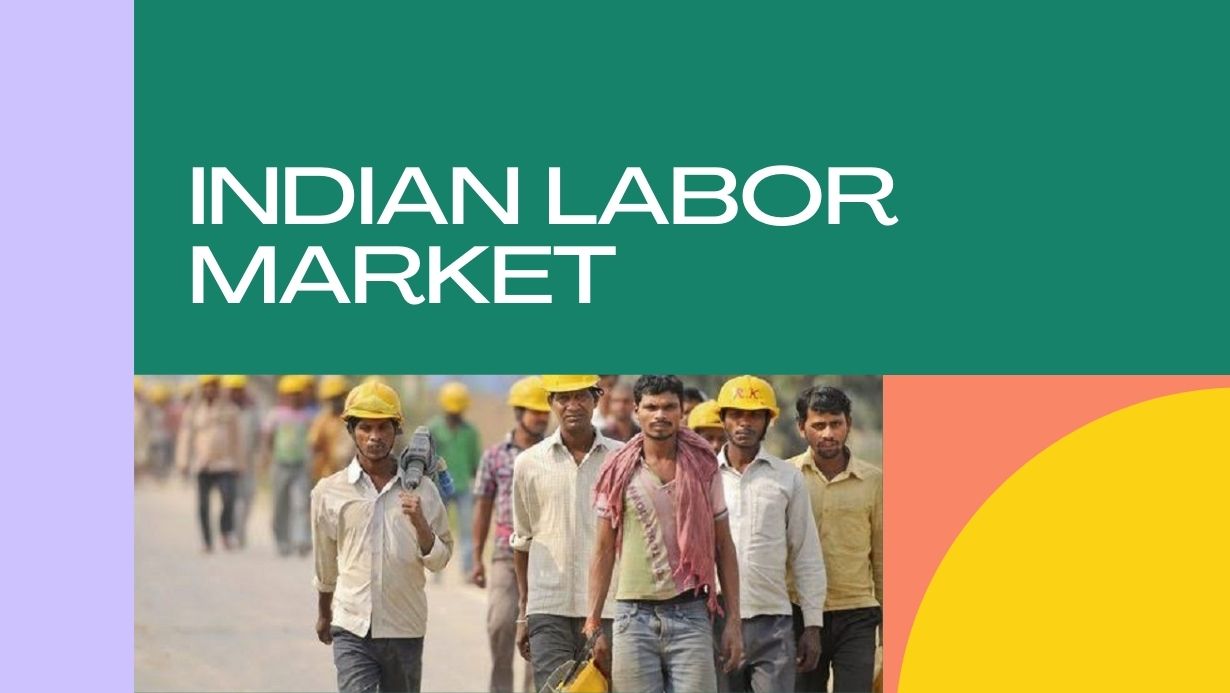The Indian labor market is grappling with various challenges that hinder its growth and development. It is crucial for future managers and policymakers to understand these problems in order to devise effective strategies for addressing them.
This article sheds light on eight major problems in the Indian labor market and highlights the need for reforms to foster a more inclusive and productive workforce:
1. Surplus Labor Force
India faces a significant challenge of a surplus labor force, primarily due to its rapidly growing population. The continuous addition of laborers to an already saturated market leads to high levels of unemployment and underemployment.
Future managers need to explore innovative solutions to generate sufficient demand and create employment opportunities for this surplus labor force.
2. Unskilled Labor

A pressing issue in the Indian labor market is the prevalence of a large number of unskilled workers. Limited access to vocational training institutes hampers skill development, making it difficult for these individuals to secure meaningful employment.
Future managers can contribute by supporting skill development initiatives, promoting vocational education, and collaborating with industry stakeholders to bridge the skill gap.
3. Lack of Absorption of Skilled Labor
Despite the availability of skilled labor in India, the absorption rate remains low. Many technically educated individuals, including engineering and vocational course graduates, struggle to find suitable employment opportunities.
Future managers should focus on enhancing industry-academia linkages, fostering internships and apprenticeship programs, and encouraging entrepreneurship to enhance the absorption of skilled labor.
4. Imperfections
The Indian labor market suffers from imperfections such as information asymmetry, inadequate manpower planning, child labor practices, and a lack of suitable agencies for labor force utilization.
Future managers can contribute by promoting transparency, encouraging responsible business practices, and supporting policies that ensure fair labor market operations.
5. Work Culture

The work culture among the Indian labor force needs improvement. Unhealthy work practices, low productivity, and lack of discipline hinder economic growth and reduce absorption capacity.
Future managers should prioritize fostering a positive work culture through effective leadership, employee engagement initiatives, and fostering a sense of ownership and professionalism among the workforce.
6. Militant Unionism
Militant unionism poses a significant challenge in certain sectors and states of India. Unhealthy practices and militancy within trade unions hinder harmonious employer-employee relations and can adversely impact productivity and industrial growth.
Future managers should strive for constructive dialogue, promote collaborative decision-making, and foster a cooperative environment to address this issue.
7. Unemployment
Unemployment remains a critical problem in the Indian labor market. Disguised unemployment, seasonal unemployment, general unemployment, and educated unemployment are prevalent.
Future managers need to advocate for policies that promote job creation, support entrepreneurship, and invest in sectors with high employment potential. They should also explore innovative solutions to address specific types of unemployment.
8. Lack of Labor Reforms
The Indian labor market lacks comprehensive labor reforms that are essential for its growth and adaptability. Despite economic reforms in the 1990s, labor reforms have been relatively slow.
Future managers should actively participate in shaping policy discussions, advocating for rational and progressive labor reforms, and promoting a balanced approach that considers the interests of both workers and employers.
Conclusion
The Indian labor market faces significant challenges that need to be addressed for sustainable and inclusive growth. Future managers have a vital role to play in resolving these issues by advocating for policy reforms, promoting skill development, fostering a positive work culture, and creating employment opportunities.
By understanding and actively engaging with these problems, future managers can contribute to unlocking the true potential of India’s workforce and ensuring a prosperous future for all.





